Sialendoscopy has changed my entire approach to salivary obstructive disease, said Barry M. Schaitkin, MD, Associate Professor in the Department of Otolaryngology at the University of Pittsburgh School of Medicine.
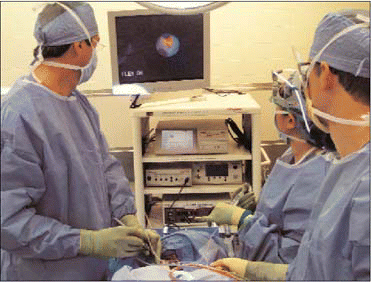

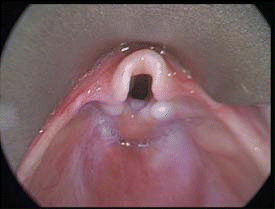
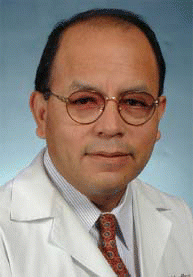
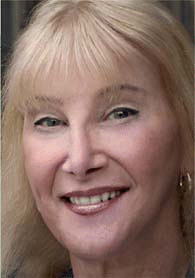
Every five years I make a list of the ten toughest problems in laryngology, said Jamie Koufman, MD, Director of the Voice Institute of New York.
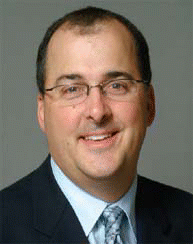
When repairing a spontaneous cerebrospinal fluid (CSF) leak, the surgeon needs to take extra measures to guard against recurrence, according to a team of investigators at the University of Pennsylvania.
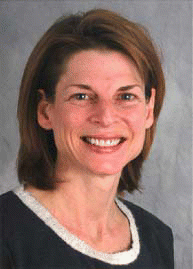
Two studies presented at recent Triological Society meetings, both of which surveyed former otolaryngology residents about current otolaryngology surgical training and postgraduate practice and referrals, shed light on the direction in which the specialty’s training may need to move.
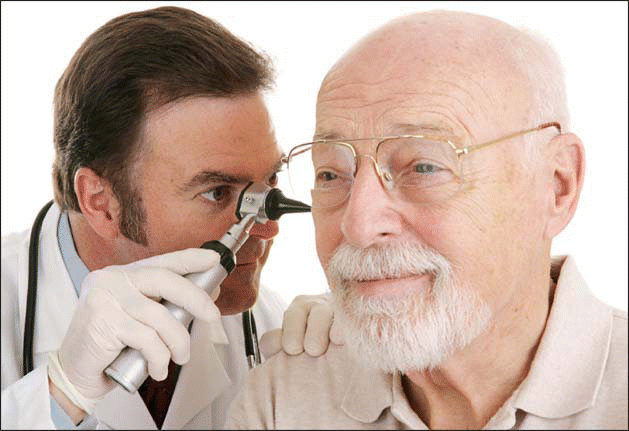
Although stereotactic radiation provides a noninvasive approach to treating acoustic neuromas, it also carries the risk of hearing loss over time for a sizable portion of patients, according to experts.
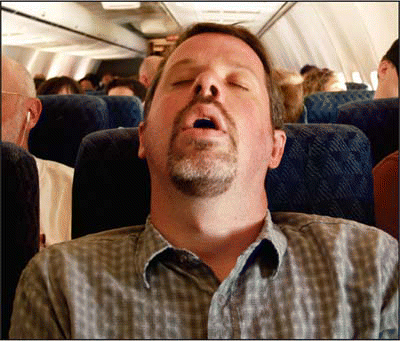
Snoring is a common complaint of patients (and their spouses) treated by otolaryngologists.
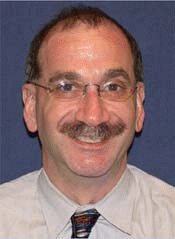
Head and neck cancer care has been undergoing a paradigm shift over the past decade, moving from a surgery-based approach to one that increasingly relies on chemoradiation (CRT).